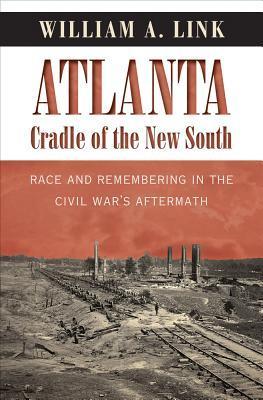
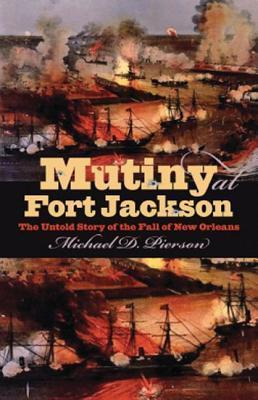
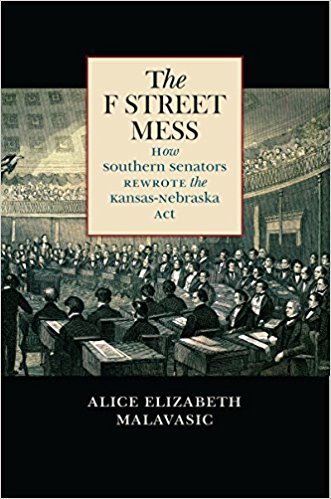
Books in series

Atlanta, Cradle of the New South
Race and Remembering in the Civil War's Aftermath
2013

Mutiny at Fort Jackson
The Untold Story of the Fall of New Orleans
2009

The F Street Mess
How Southern Senators Rewrote the Kansas-Nebraska Act
2017
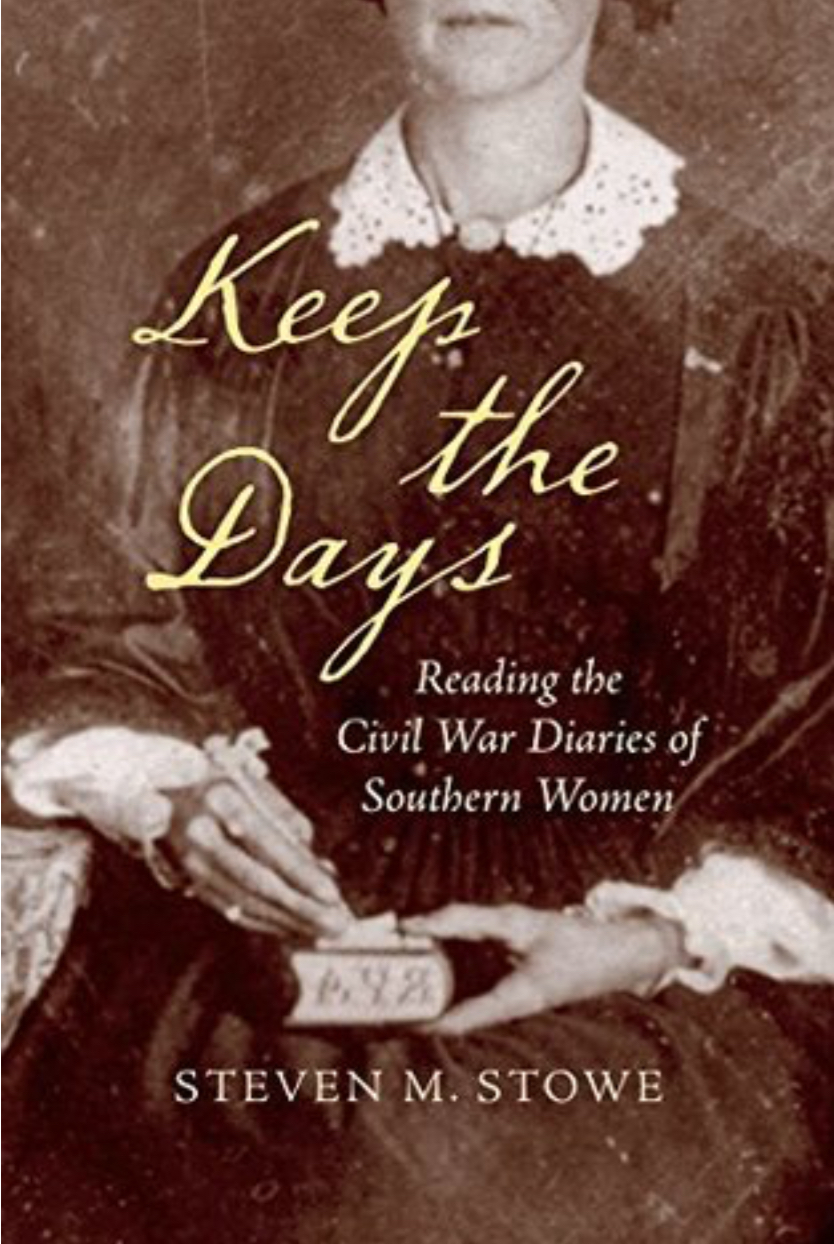
Keep the Days
Reading the Civil War Diaries of Southern Women
2018
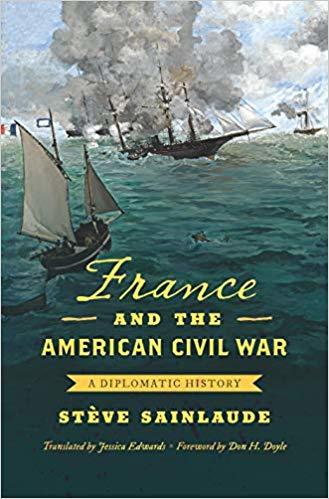
France and the American Civil War
A Diplomatic History
2019
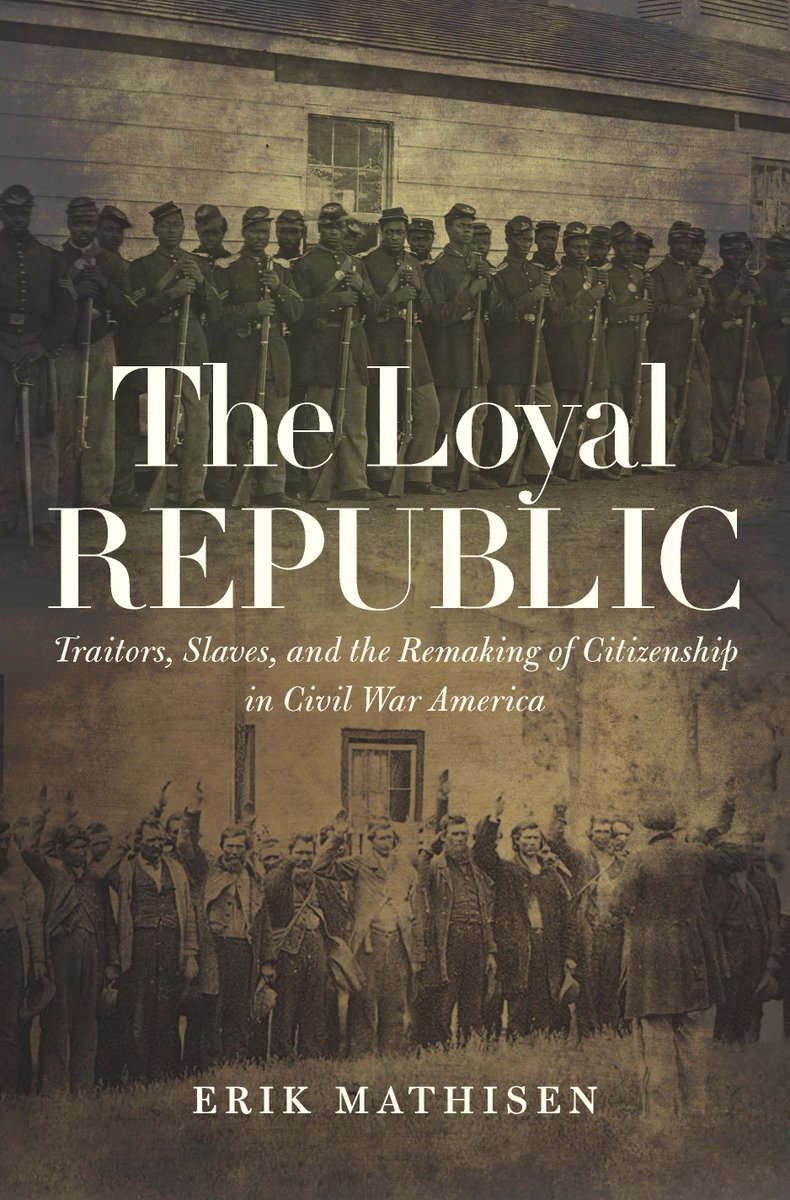
The Loyal Republic
Traitors, Slaves, and the Remaking of Citizenship in Civil War America
2018
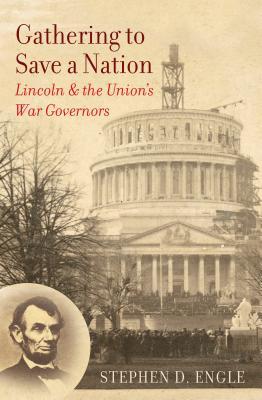
Gathering to Save a Nation
Lincoln and the Union's War Governors
1721
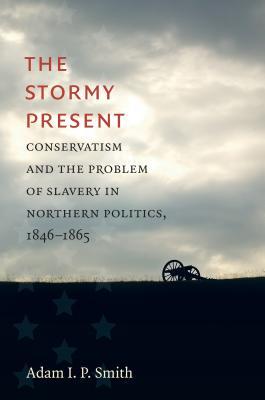
The Stormy Present
Conservatism and the Problem of Slavery in Northern Politics, 1846 1865
2017
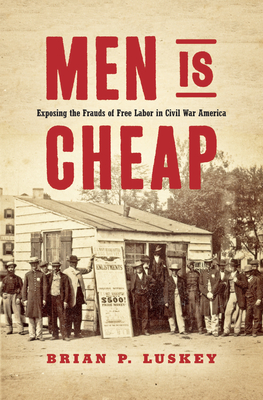
Men Is Cheap
Exposing the Frauds of Free Labor in Civil War America
2020
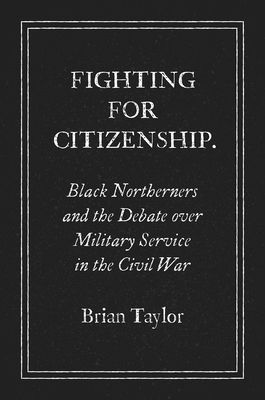
Fighting for Citizenship
Black Northerners and the Debate over Military Service in the Civil War
2020
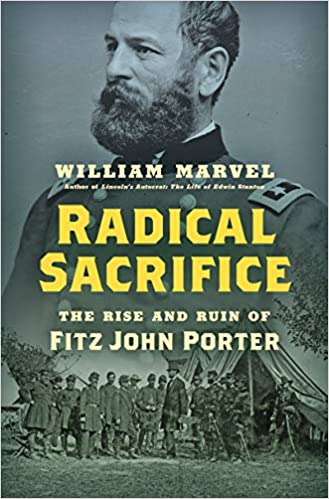
Radical Sacrifice
The Rise and Ruin of Fitz John Porter
2021
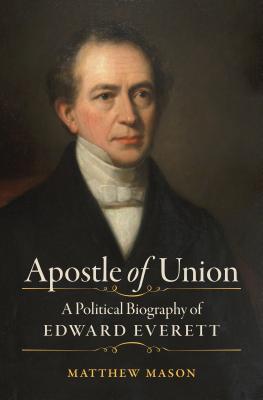
Apostle of Union
A Political Biography of Edward Everett
2016
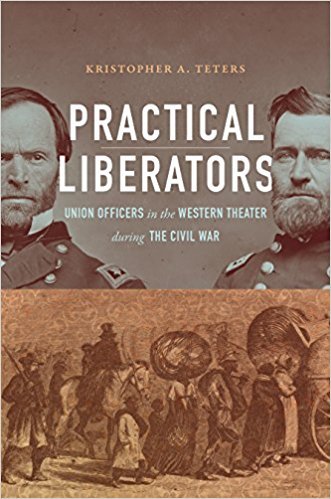
Practical Liberators
Union Officers in the Western Theater during the Civil War
2018
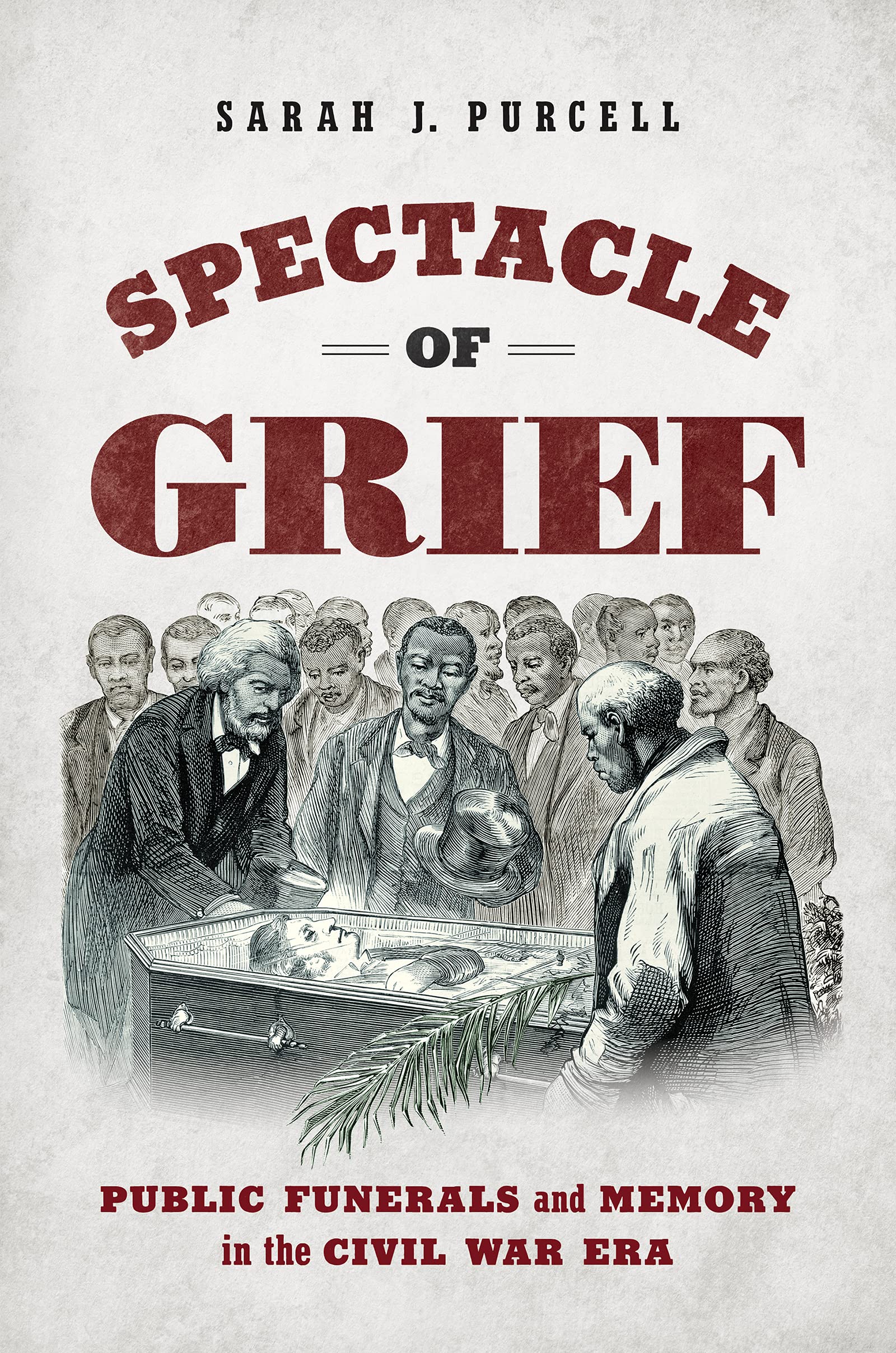
Spectacle of Grief
Public Funerals and Memory in the Civil War Era
2022
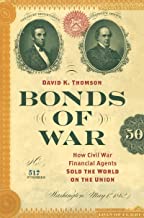
Bonds of War
How Civil War Financial Agents Sold the World on the Union
2022
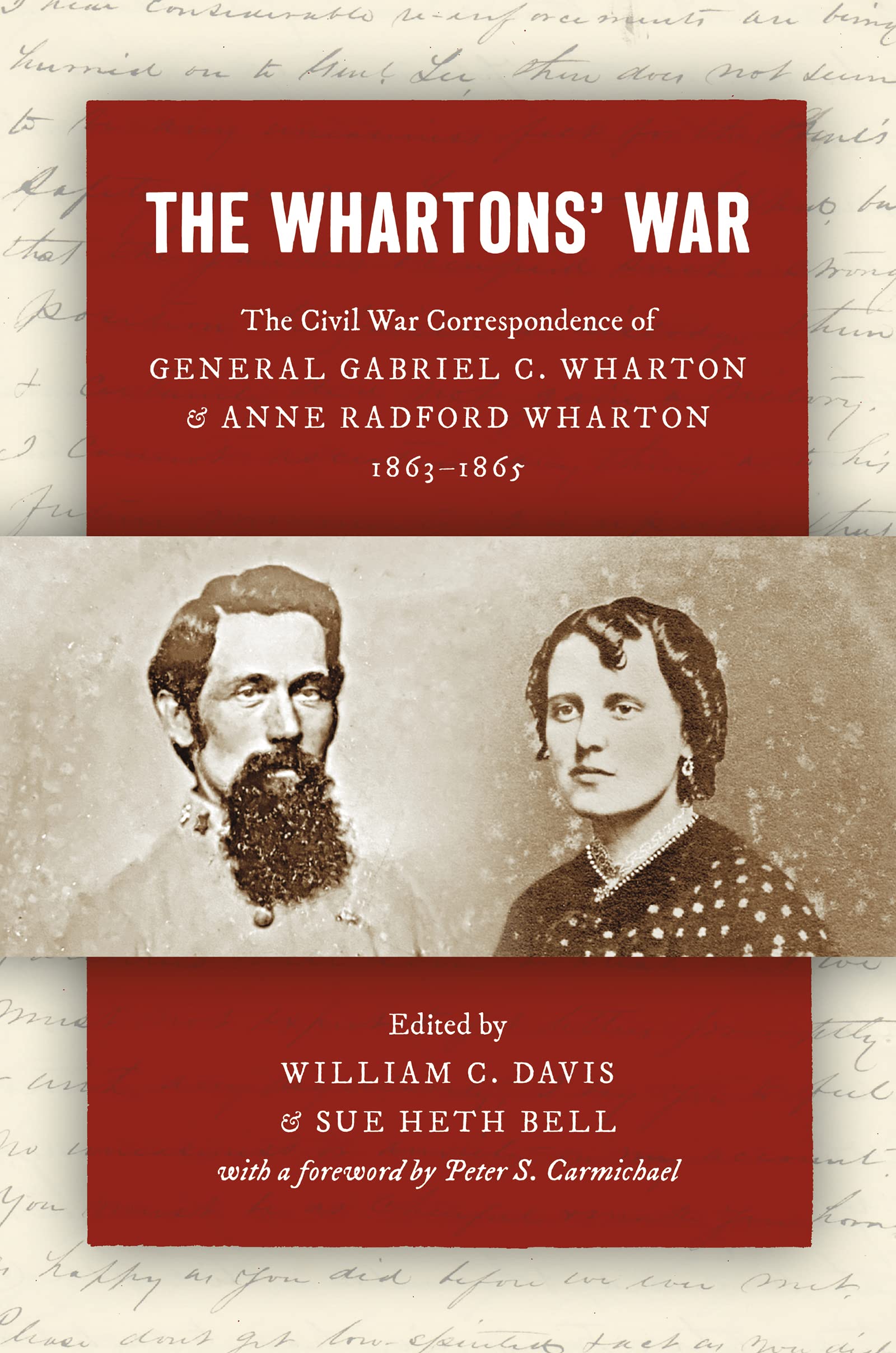
The Whartons' War
The Civil War Correspondence of General Gabriel C. Wharton and Anne Radford Wharton, 1863–1865
2022
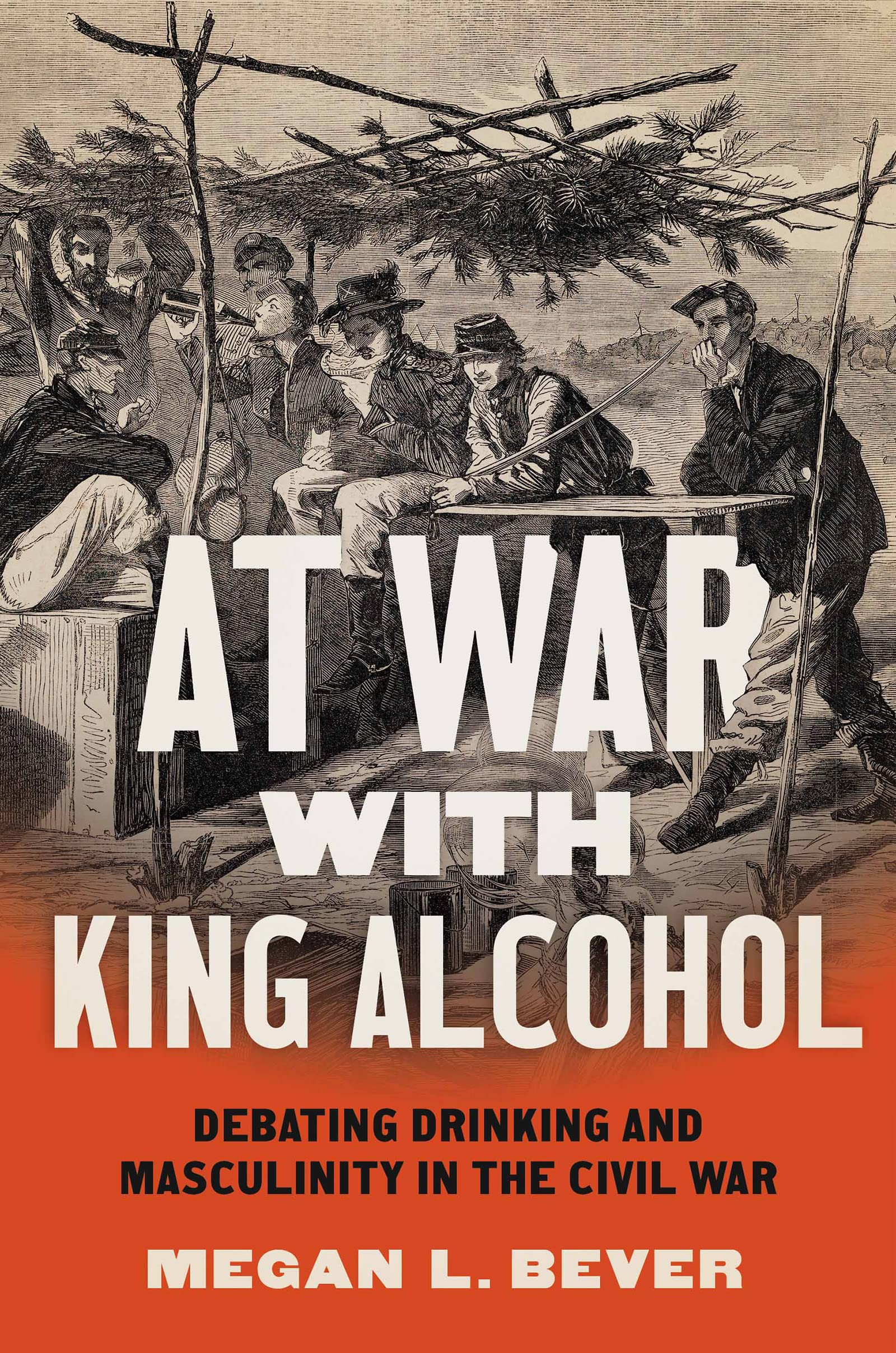
At War with King Alcohol
Debating Drinking and Masculinity in the Civil War
2022
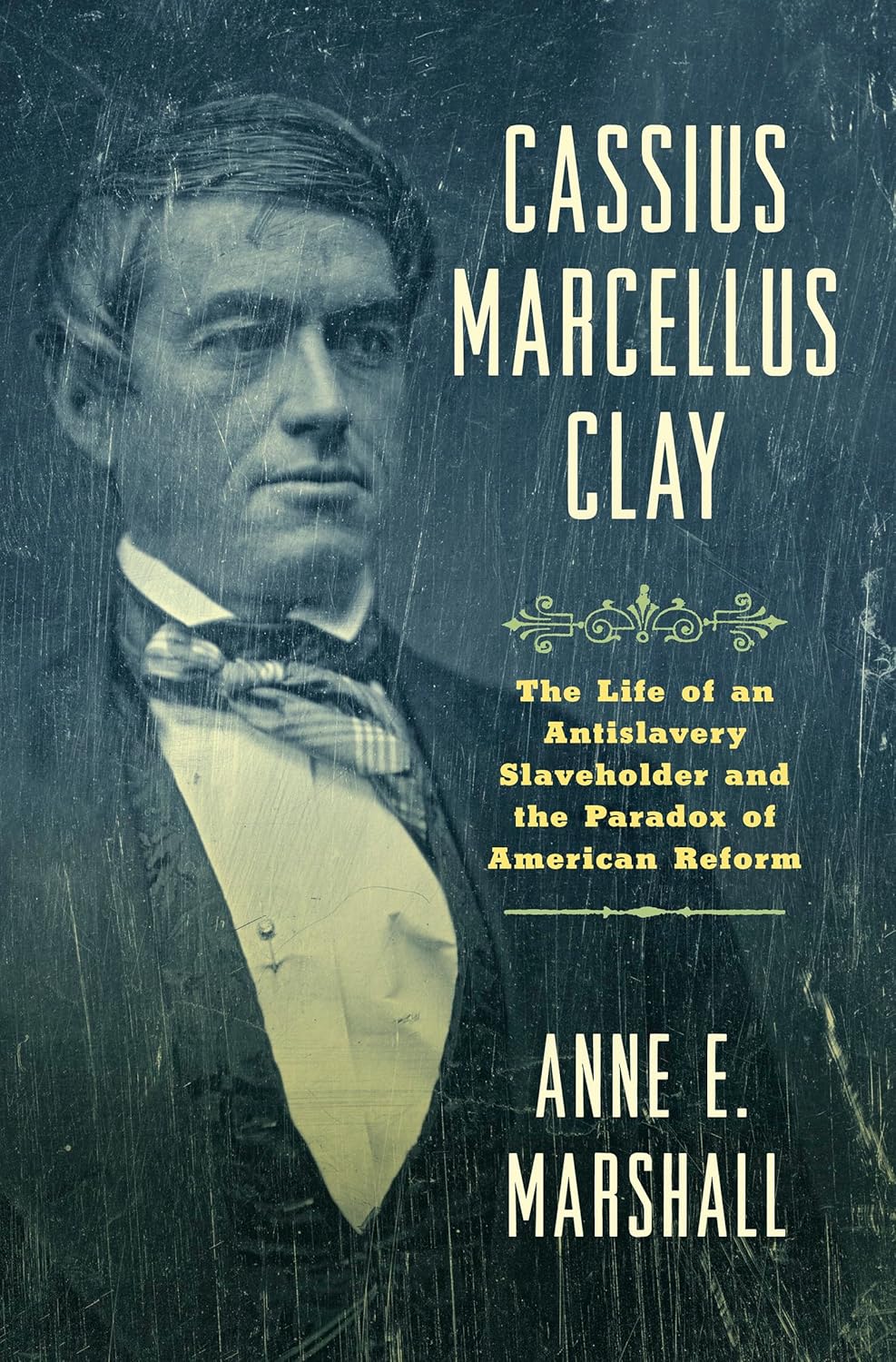
Cassius Marcellus Clay
The Life of an Antislavery Slaveholder and the Paradox of American Reform
2025
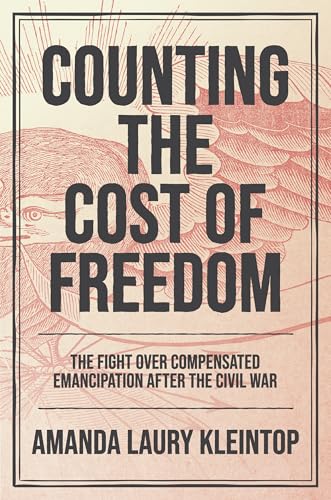
Counting the Cost of Freedom
The Fight Over Compensated Emancipation after the Civil War
2025
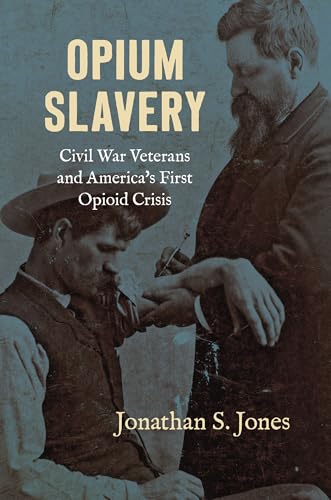
Opium Slavery
Civil War Veterans and America's First Opioid Crisis
2025
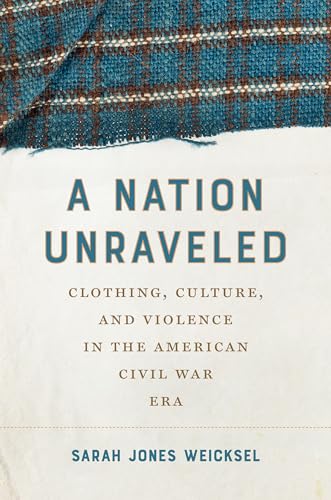
A Nation Unraveled
Clothing, Culture, and Violence in the American Civil War Era
2026
Authors
William A. Link earned his B.A. in history from Davidson College in 1976 and his doctorate in history from the University of Virginia in 1981. For twenty-three years, he was a professor at the University of North Carolina at Greensboro, teaching courses in North Carolina history, the history of the American South, and twentieth-century American history. In 2004, he became the Richard J. Milbauer chair in history at the University of Florida.